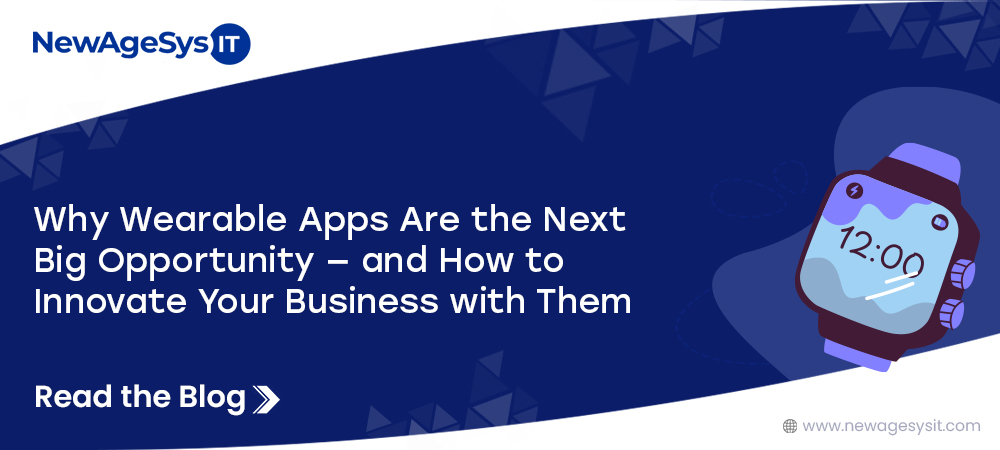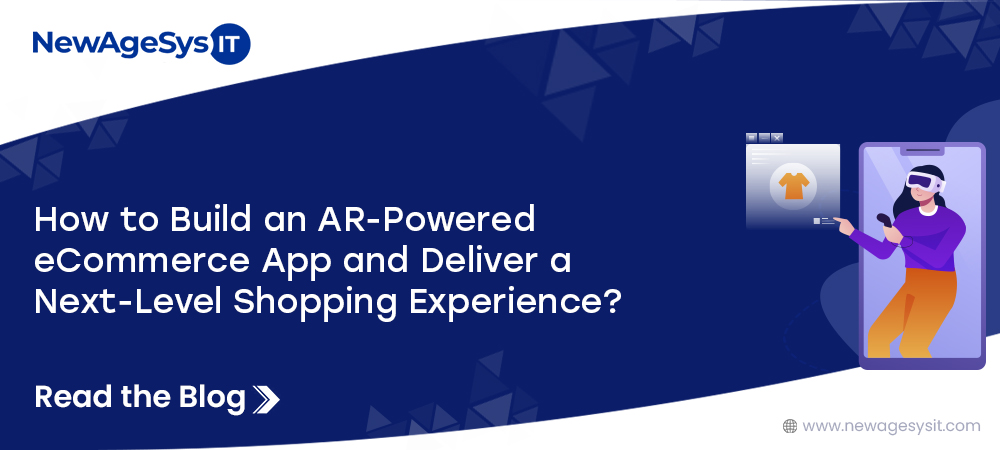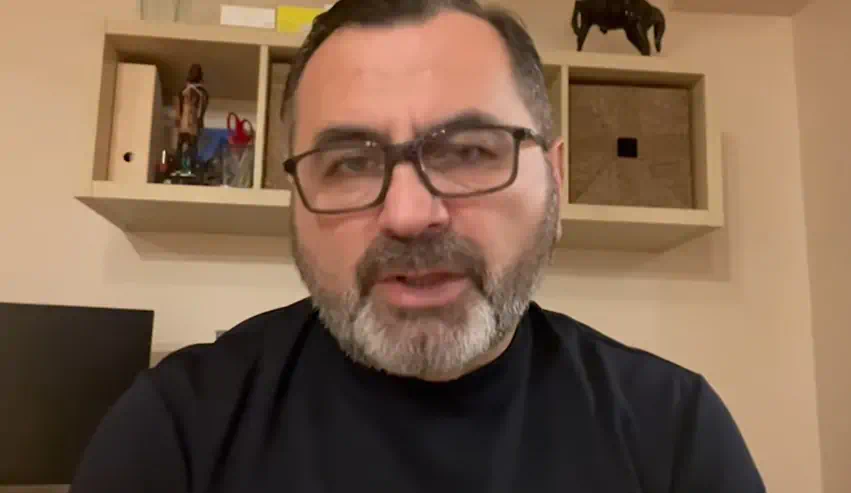What is HIPAA?
Among its provisions, HIPAA also mandates security and privacy measures for personal health information (PHI). In medical app development, ensuring HIPAA compliance is essential. It makes HIPAA the most critical federal law for developers or app development companies specializing in creating mHealth applications for U.S. customers.
Companies that fail to adhere to HIPAA regulations face severe consequences for their healthcare software. Nevertheless, it is imperative to navigate these regulations confidently, as penalties for non-compliance are substantial. At NewAgeSysIT, we build HIPAA-compliant medical apps catering to your needs.
If you wish to learn how medical apps shape a better future, this blog is for you.
Why HIPAA is crucial for Medical Apps

Among its provisions, HIPAA also mandates security and privacy measures for personal health information (PHI). In medical app development, ensuring HIPAA compliance is essential. It makes HIPAA the most critical federal law for developers or app development companies specializing in creating mHealth applications for U.S. customers.
Companies that fail to adhere to HIPAA regulations face severe consequences for their healthcare software. Nevertheless, it is imperative to navigate these regulations confidently, as penalties for non-compliance are substantial. At NewAgeSysIT, we build HIPAA-compliant medical apps catering to your needs.
HIPAA Compliance: What App Development Companies and Medical App Owners must undergo?
TECHNICAL DATA SAFEGUARDS
Technical data safeguards encompass encryption, secure connections, and tech security practices for health apps.
PHYSICAL DATA SAFEGUARDS
Physical data safeguards involve limiting access to servers, protecting devices, and using firewalls and antivirus software to protect your healthcare software.
ADMINISTRATIVE DATA SAFEGUARDS
Administrative data safeguards pertain to personnel training, privacy policies, and notices.
1. What is the role of app development companies in ensuring compliance with HIPAA?
- App development companies are responsible for building healthcare apps with robust security features to protect PHI. It includes implementing encryption, access controls, and secure coding practices.

How Can NewAgeSysIT Help with Medical App Development?
NewAgeSysIT is the leading healthcare app development company, building custom medical software and applications. Our experts offer the best-in-class healthcare app solutions to boost healthcare industry elements.
In the evolving landscape of healthcare, medical apps are essential. It streamlines operations by managing data, enhancing patient care, and redefining the health industry. If you wish to build a medical app, partnering with NewAgeSysIT can be a strategic choice.
At NewAgeSysIT, we build and market apps catering to your needs. We have a talented pool of experts that make your medical apps outstanding with enhanced features.
To get an insight into our expertise in developing cutting-edge mobile apps for various domains, including medical app development, head over to our case studies and testimonials and make a confident decision. Talk to us to digitize your healthcare and medical business now.
Over the past few years, mobile applications have profoundly transformed our world. HIPAA-compliant medical apps have become essential for healthcare professionals and patients in the rapidly expanding healthcare sector. Emerging technologies, including electronic medical records, medical devices, and mobile and web applications, empower doctors to enhance patient well-being and save lives.











